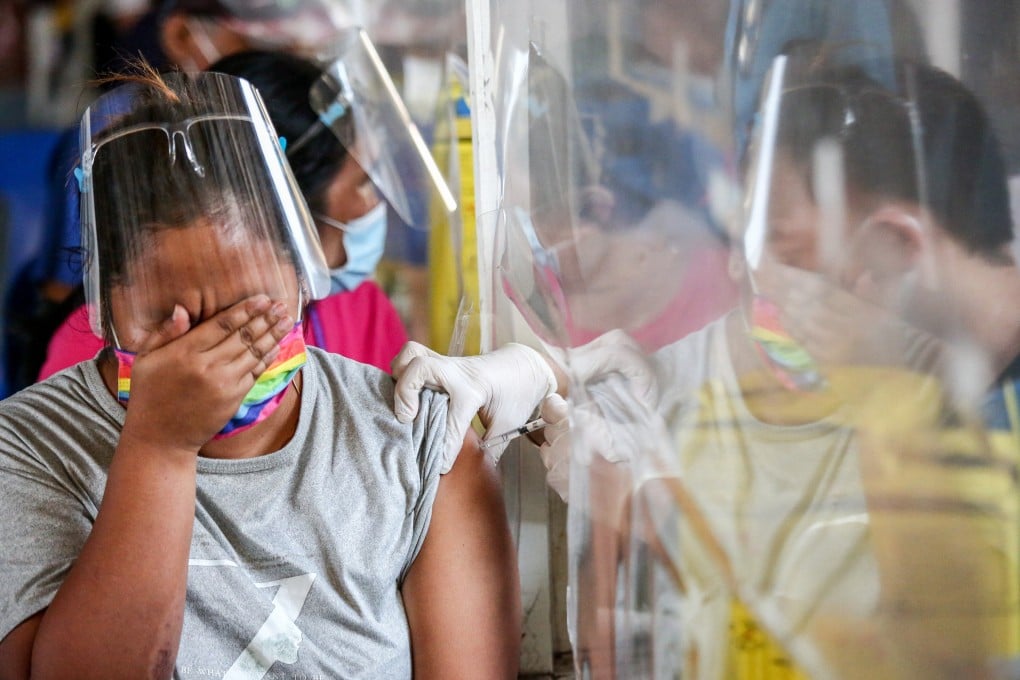Advertisement
Explainer | Omicron travel restrictions: from Singapore to Japan, Australia to India, here’s what Asian countries are doing to fight the new coronavirus variant
- Governments across the region are tightening entry requirements and quarantine rules for travellers in response to the potentially more transmissible variant
- This Week in Asia writers have the lowdown on the latest measures
Reading Time:10 minutes
Why you can trust SCMP
3

Travellers have been left scrambling to salvage their Christmas holidays as governments across Asia tighten their entry and quarantine rules following the emergence of the Omicron coronavirus variant.
Hong Kong has been among the first to act. Since Monday it has added at least 16 countries – including Japan, Canada and Australia – to its high-risk Group A tier, meaning a 21-day quarantine period for returning residents and a complete block on non-residents.
However, it is far from alone in tightening its measures and some Asian countries have either blocked or are considering blocking visitors from Hong Kong following the discovery of the Omicron variant in travellers undergoing hotel quarantine in the city.
Below, This Week in Asia writers have the latest on what Asian countries are doing to fight the new variant.

Singapore
In Singapore, Health Minister Ong Ye Kung has likened the Omicron variant to the latest twist in a “snake and ladders” situation.
Advertisement